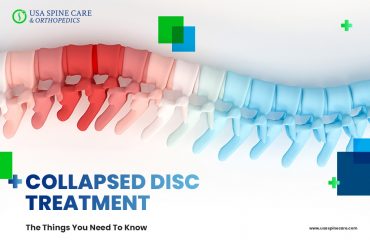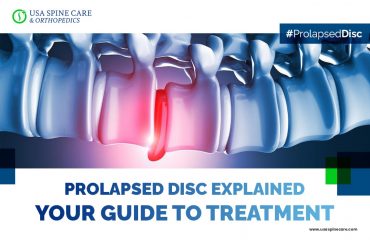

A herniated disc, often referred to as a slipped disc, occurs when the soft inner portion of the disc bulges or ruptures through the outer casing. This can lead to pain, numbness, and weakness. Traditionally, herniated discs were treated with open surgery. However, biportal endoscopic spine surgery (BESS) has emerged as a less invasive and effective option.
BESS as a Treatment for Herniated Discs
BESS offers several advantages for patients with herniated discs:
- Precise Removal of Herniated Material: Surgeons can precisely remove the offending disc material using specialized endoscopic instruments.
- Minimal Tissue Disruption: BESS involves smaller incisions, reducing pain and scarring.
- Faster Recovery: Patients often experience quicker recovery times and a faster return to normal activities.
- Reduced Hospital Stay: Hospital stays are typically shorter compared to open surgery.
Patient Selection for BESS in Herniated Discs
Not all herniated discs are suitable for BESS. Factors such as the location and size of the herniation, as well as the patient’s overall health, are considered when determining candidacy.
Outcomes of BESS for Herniated Discs
Numerous studies have demonstrated the effectiveness of BESS in treating herniated discs. Many patients experience significant pain relief, improved mobility, and a high level of satisfaction with the procedure.
Conclusion
BESS has become a preferred treatment option for many patients with herniated discs. Its minimally invasive nature, combined with its effectiveness in relieving symptoms, has made it a popular choice among patients and surgeons alike.



